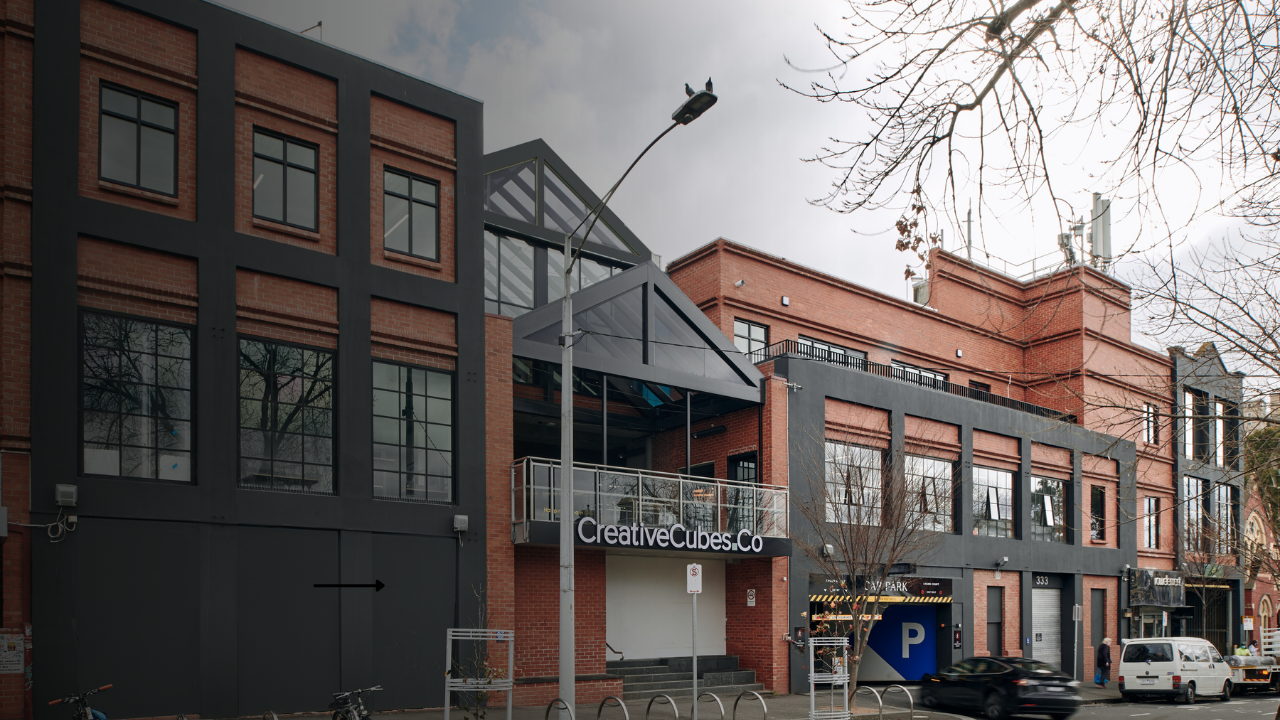How Remote Work Threatens $800 Billion in Property Value and What Landlords Must Do to Survive
We now live in a world that has brought about significant changes in the way we work, posing challenges for landlords and asset owners. With remote work on the rise, traditional office spaces face a potential decline in value. However, this changing landscape also presents an opportunity for landlords to adapt and thrive in the new normal.
The Impact of Remote Work:
According to McKinsey Global Institute, remote work poses a risk of wiping $800 billion from the value of office buildings in major cities. The demand for office space has decreased due to the rise of hybrid work models, leading to rising vacancy rates. McKinsey’s projections suggest a potential decline of up to 26% in property valuations by 2030 compared to pre-pandemic levels.
While this is bloody scary for landlords and asset owners, the reality is that data out there points to 82% of business leaders plan to allow remote work post-pandemic, with 47% even considering permanent remote work options. The numbers don’t lie – remote work is here to stay, my team are seeing it daily with the types of enquiries coming through from large businesses. This shift has significant implications for the demand for traditional office space, call your local real estate agent – they’ll verify!
Adapting to the New Normal:
There is a lot of noise out there the last few weeks from employers like Commonwealth Bank who are struggling to pull their staff back to the office – this isn’t odd, this is the new normal! Armed with this information and to mitigate potential losses and deliver a strong value proposition, landlords and asset owners should be diving in deep on the evolution of office and the power of flexible workspace solutions.
In the near future it’s going to be a game of brands (just like hotels & just like airlines). By partnering with reputable coworking operators and embracing the idea of hybrid buildings, properties can be modified to serve multiple uses, safeguarding owners from unpredictable shifts in preferences. Adaptable spaces allow for a diverse range of tenants and enhance the overall value of the property.
Responding to Changing Needs:
Currently, office attendance remains lower which is an opportunity for Landlords to proactively address this trend by working with an operator to convert some space on the asset to qualify the demand. Equally if you’re near a CreativeCubes.Co location silent shop us / reach me directly if you’d like and i’ll demonstrate in a live environment how this all works and how we create value for both our members (their company and teams) as well as the value for our landlords that we’ve partnered with.
In a post-pandemic world, the ability to adapt is key for landlords and asset owners. By partnering with coworking operators and introducing flexible workspace solutions, landlords can mitigate potential losses and deliver a strong asset value proposition.
Embracing adaptability and responding to the evolving needs of tenants will allow landlords to navigate the changing landscape of work and maximise the value of their properties in the long run.
While I personally don’t have $800B I’d be pretty upset if I was a sitting duck and copped even a $1-100M beating from not taking stock of the change and adjusting – after all….
“Skate to where the puck is going, not where it has been.” – Wayne Gretzky




